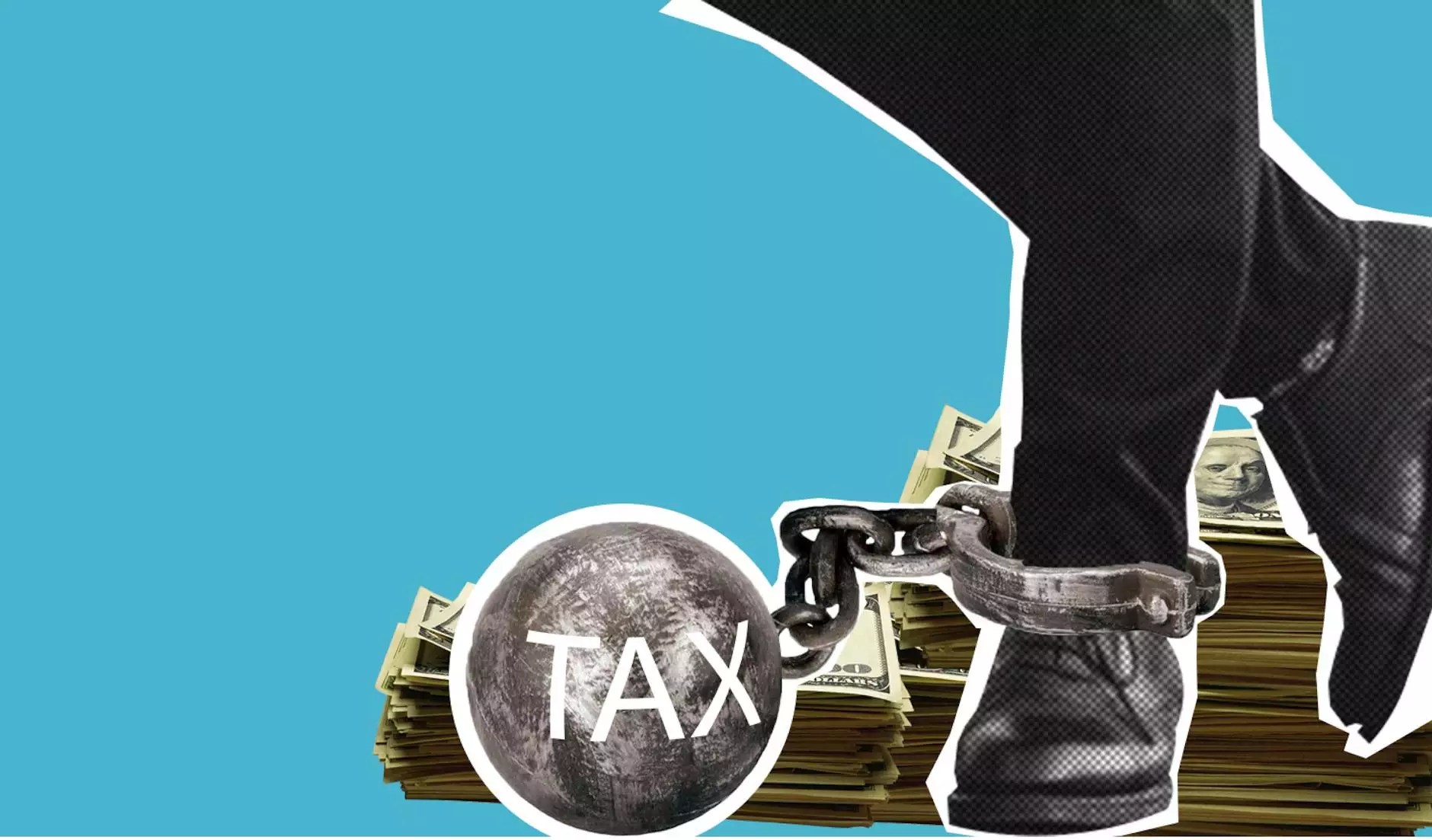Learn Phrasal Verbs – BLOW OUT
English Vocabulary Lessons
Introduction
Welcome to NJCLT, your ultimate resource for learning English phrasal verbs. In this lesson, we will focus on the phrasal verb "blow out" and explore its various meanings and usage in different contexts. By the end of this comprehensive guide, you'll have a solid understanding of how to use "blow out" correctly in your everyday conversations.
What Does "Blow Out" Mean?
Before we dive into the different meanings of "blow out," let's start with the basic definition. The phrasal verb "blow out" generally refers to extinguishing something, often by blowing air or forceful breath.
However, "blow out" is a versatile expression that can take on various connotations based on the context in which it is used. Here are some common interpretations:
1. Extinguish a Flame
One of the most common uses of "blow out" is to describe extinguishing a flame or light. For example, if you blow out a candle, you use your breath to put out the flame. This phrase is also applicable in scenarios where you blow out a matchstick or blow out the firewood in a fireplace.
2. Fail or Burst
"Blow out" can also indicate a sudden or forceful failure or bursting of something. For instance, if a tire blows out, it means the tire bursts due to excessive pressure, often resulting in a flat tire. Additionally, we can use "blow out" when describing bursting balloons, pipes, or even electrical fuses.
3. Defeat or Overwhelm
In a figurative sense, "blow out" can signify defeating or overwhelming someone or something. It is often used to describe a decisive victory or a situation where one team or individual dominates the opponent. For example, if a sports team wins by a large margin, we can say that they "blew out" their opponents.
4. Celebratory Expression
"Blow out" can also be used to express celebration or jubilation. Think of birthday candles on a cake – when someone blows them out, it is a joyful moment associated with making a wish and celebrating another year of life.
Usage Examples
To further solidify your understanding of "blow out," here are some examples that demonstrate its usage in different contexts:
1. Extinguish a Flame:
- She blew out the candles on her birthday cake.
- The wind was so strong that it blew out the torches.
- Don't forget to blow out the candle before leaving the room.
2. Fail or Burst:
- His car tire blew out on the highway, causing him to have an accident.
- When the pressure exceeds the limits, the pipes may blow out.
- The light bulb suddenly blew out and left us in the dark.
3. Defeat or Overwhelm:
- The home team blew out their rivals with a final score of 4-0.
- She blew out her competition in the race, finishing several seconds ahead.
- The underdog team managed to blow out the reigning champions, shocking everyone.
4. Celebratory Expression:
- Let's gather around and blow out the candles together!
- As the clock struck midnight, the crowd blew out their party horns in celebration.
- After a long year of hard work, it's time to blow out the old and welcome the new.
Conclusion
Congratulations! You have successfully learned about the various meanings and applications of the phrasal verb "blow out." By understanding these nuances, you can confidently use "blow out" in different contexts, making your English conversations more diverse and engaging.
Keep practicing and exploring other phrasal verbs to expand your English language skills further. NJCLT is here to provide invaluable resources to enhance your language learning journey. Stay tuned for more exciting lessons!










